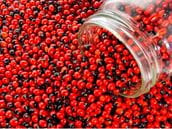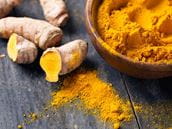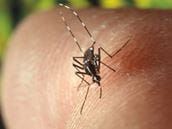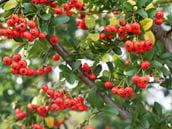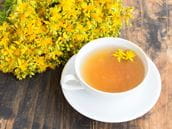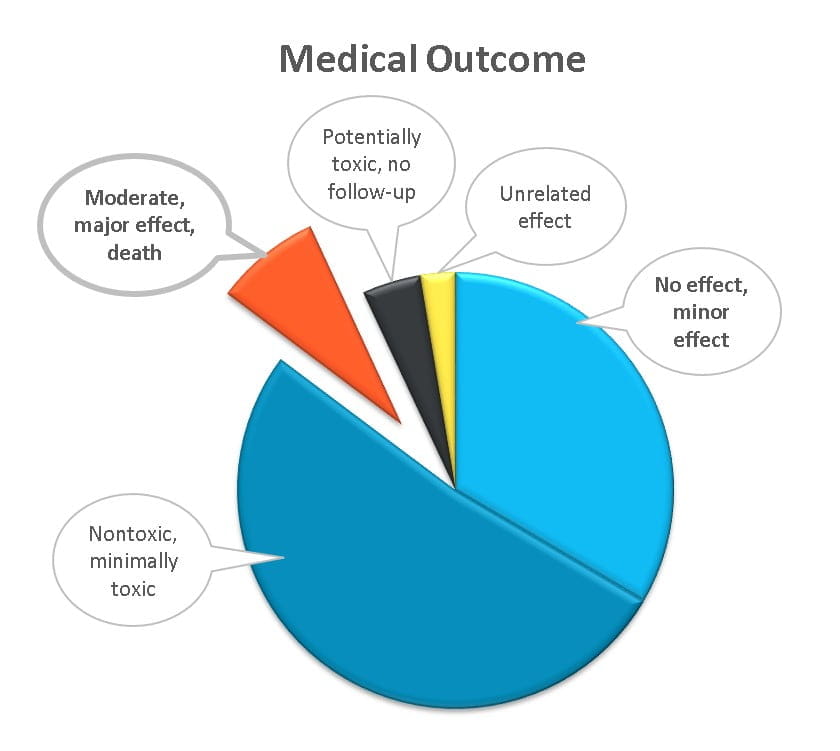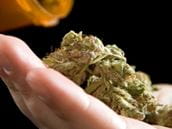
Medical Marijuana Poisoning in Kids
Medical marijuana is sometimes prescribed for patients with HIV/AIDS, seizure disorders, cancer, severe pain, and severe nausea. The active chemical is usually stronger than in the marijuana plant. There are no regulations for child-safe storage of medical marijuana products; young children have been seriously poisoned by swallowing medical marijuana.

